Life
-
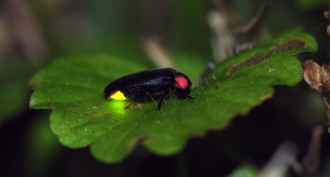 Animals
AnimalsCool Jobs: A world aglow
Three scientists probe how the natural world makes light, in hopes of using this information to design new and better products.
-
 Brain
BrainHigh-school brain researcher takes home $250,000 prize
Three teens won big in this year’s Regeneron Science Talent Search. They studied brain injury, mathematical models and networks of connections within big data sets.
-
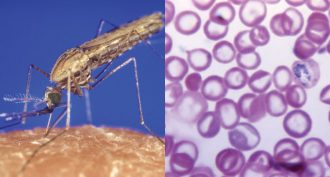 Animals
AnimalsMalaria parasites lure mosquitoes to infected hosts
Malaria parasites leave behind an alluring molecule in their hosts’ blood. It draws mosquitoes to sip it, helping spread the disease these carry.
-
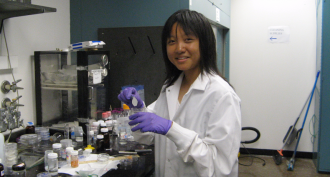 Microbes
MicrobesTeen invents a dip to keep germs away
A teen competing in the 2017 Regeneron Science Talent Search invented an eco-friendly chemical mix. It should keep bacteria from growing on treated paper, fabrics — including wound coverings — and more.
-
 Life
LifeScientists Say: ATP
This chemical is a bit like a rechargeable battery. Cells build and break apart its chemical bonds to store and release energy.
-
 Psychology
PsychologyTeens make riskier decisions than children or adults
Teens may make risky decisions in part because they don’t care about uncertainty.
-
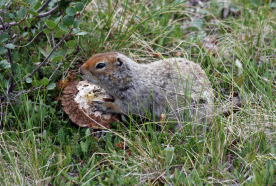 Health & Medicine
Health & MedicineHibernation: Secrets of the big sleep
Mammals from bears to squirrels hibernate the winter away. Learning how they do it might one day help people mimic aspects of it to heal from brain injuries or voyage to Mars.
-
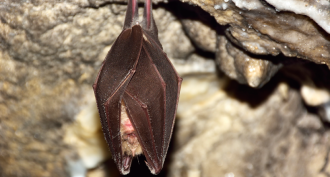 Animals
AnimalsExplainer: How brief can hibernation be?
Many animals frequently slow body functions and drop their temperatures — sometimes for just a day. Is that hibernation, or just torpor? Are the two even related? Scientists disagree.
-
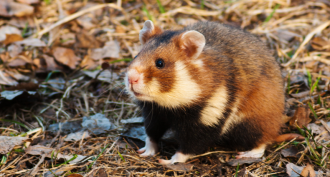 Animals
AnimalsWild hamsters raised on corn eat their young alive
European hamsters raised in the lab turn into crazy cannibals when fed a diet rich in corn, new data show. The problem may trace to a shortage of a key vitamin.
-
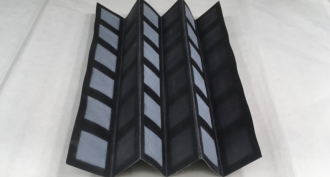 Computing
ComputingGerms power new paper batteries
New paper-based batteries rely on bacteria to generate electricity. These ‘papertronic’ power systems may be a safer choice for remote sites or dangerous environments.
-
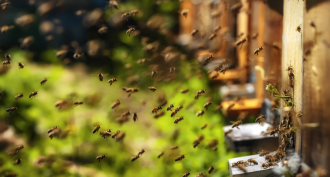 Animals
AnimalsCool Jobs: Abuzz for bees
These scientists are keeping bees healthy, making medicines for people from honey and constructing bee-inspired robots.
-
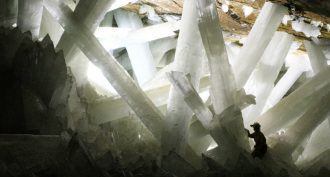 Microbes
MicrobesGiant cave crystals may be home to 50,000-year-old microbes
Microbes trapped in crystals in Mexico's Naica mine may represent some of the most distinct life forms ever found. The microbes have remained dormant for up to 50,000 years.